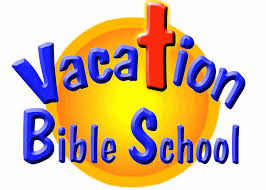 WHY IS THIS IMPORTANT? Every year at VBS there are lots of children and families that aren’t members of your church, but once VBS is over, they are no longer there.
WHY IS THIS IMPORTANT? Every year at VBS there are lots of children and families that aren’t members of your church, but once VBS is over, they are no longer there.
WHAT TO DO? Try these ideas:
- Educate adult classes before VBS that one of the main purposes is to connect families to the church. Ask classes to make sure they are at the Family Celebration to connect with families.
- Implement a plan to connect the new families with those who would be in their class. Look for common interests in the children to help them connect.
- Provide packets for church members pick up and take to prospective families. The packets should include information about Sunday School and other ministries provided by the church.
- Have one of the child’s VBS leaders team up with an adult leader to deliver a craft or picture the child made. This will help the family feel more comfortable as they see the familiar face and ease them into the invitation to the Sunday School class.
- Plan to have a new class begin the Sunday after VBS. If parents know that they will not be the only “newcomers” to a class they may feel more comfortable joining. This class could begin with a Parenting Class.
- Invite the families to class and to special events such as a Back-to-School Bash or Fall Festival sponsored by the church or by the Sunday School class.
- As members contact families, they may discover needs and be able to help meet those needs. This will help draw the family to the church as they realize the church cares about them.





